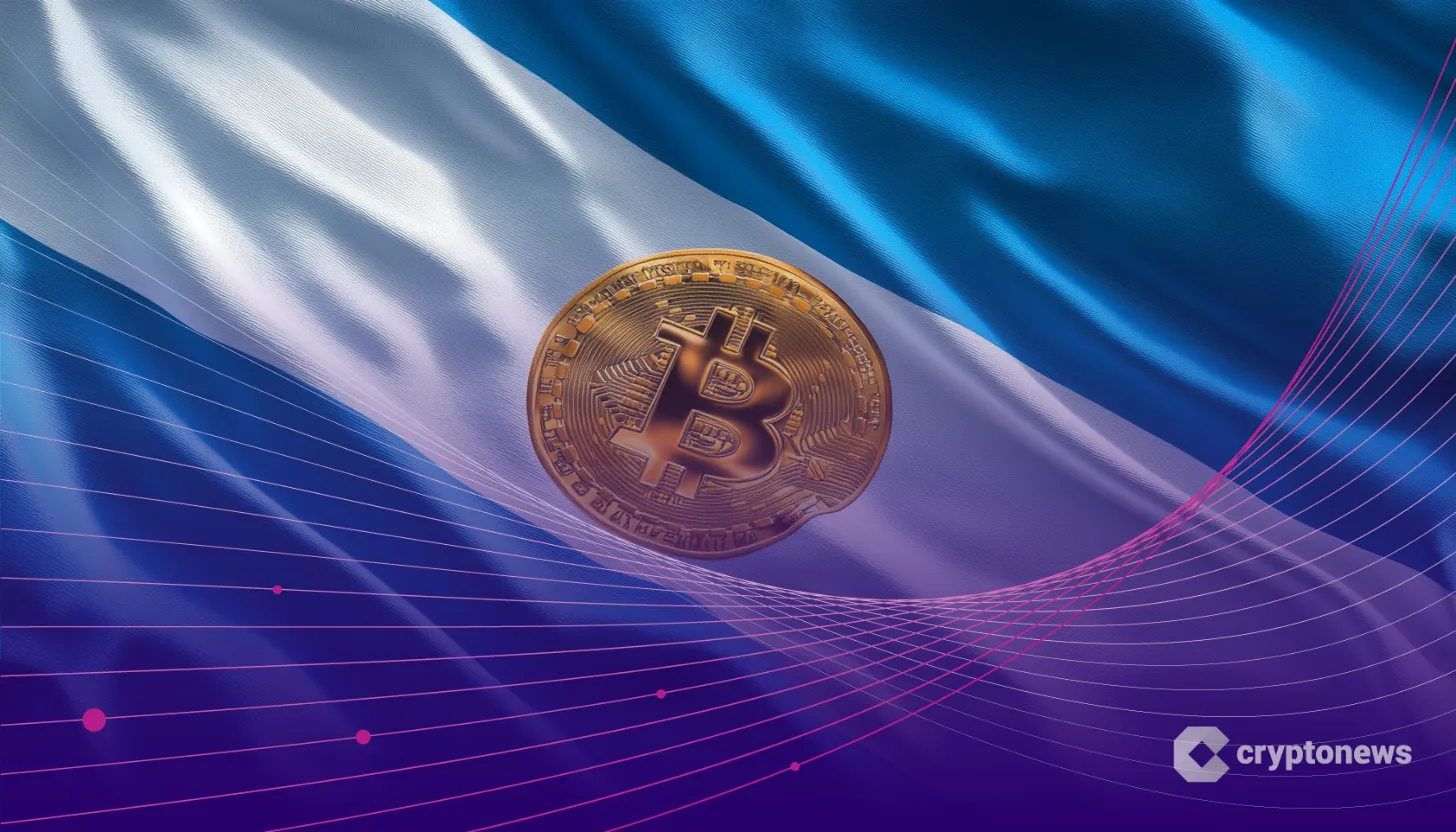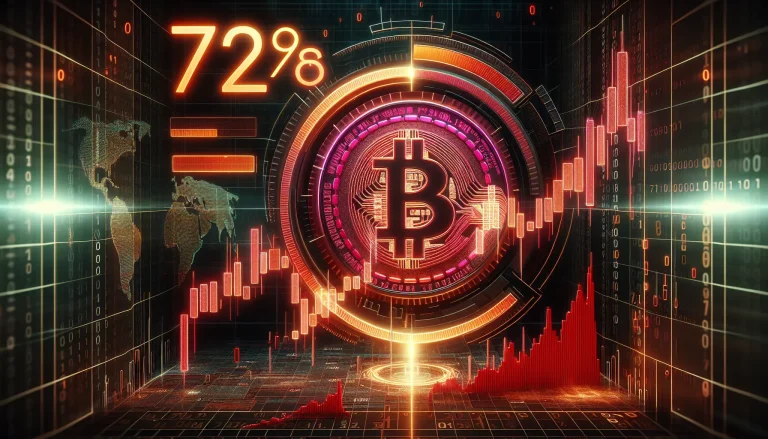Last updated:
 Why Trust Cryptonews
Why Trust Cryptonews
Ad Disclosure
We believe in full transparency with our readers. Some of our content includes affiliate links, and we may earn a commission through these partnerships.

Argentina’s securities regulator, Comisión Nacional de Valores (CNV), has announced that US exchange-traded funds (ETFs), including crypto-related ETFs, are available for trading under the CEDEAR program.
The initiative, regulated by RG No. 1030, introduces Bitcoin and Ethereum spot ETFs, marking the end of a six-year prohibition under Law No. 27440.
In a December 10 statement, CNV President Roberto E. Silva expressed optimism, stating: “It is a pleasure to announce these first approvals, which constitute new investment options provided for in this very innovative law.”
Beyond digital assets, the CNV’s announcement includes approvals for gold ETFs (GLD ticker), the S&P 500 index, and Chinese stock market indexes (FXI ticker).
These products aim to boost the availability of passive management indices and commodities in Argentina’s capital markets.
While details about specific Bitcoin ETF issuers remain undisclosed, the move signifies Argentina’s commitment to integrating digital assets into its financial ecosystem.
Argentina’s Efforts Beyond ETFs
Argentina has been making strides in crypto adoption, with efforts extending beyond ETFs.
In November, Argentinian lawmakers introduced a bill that would allow the Central Bank of the Argentine Republic (BCRA) to “buy, hold, and mine” Bitcoin. The proposed bill, led by Republican Proposal (PRO) lawmaker Martín Yeza, suggests amending the BCRA’s charter to permit holding Bitcoin as part of its reserves and commissioning mining projects.
This move aligns with President Javier Milei’s ambitious economic reforms aimed at combating hyperinflation and leveraging blockchain technology to modernize the economy.
Under Milei’s leadership, inflation, which reached an alarming 300% in April 2024, has gradually fallen to under 200%, according to Trading Economics.
Bitcoin mining and digital asset integration form a critical part of his strategy to stabilize the economy while advancing Argentina’s position as a regional leader in blockchain innovation.
Argentina’s Leading Role in Latin America’s Crypto Growth
Argentina has emerged as a key player in Latin America’s cryptocurrency ecosystem.
In 2024, Argentina led the region in cryptocurrency value received, estimated at $91.1 billion. Latin America accounted for 9.1% of global crypto activity between July 2023 and June 2024, with a YoY growth rate of approximately 42.5%.
The country’s proactive regulatory stance is expected to further accelerate its role in the global crypto landscape.
On December 4, Canadian fintech firm Nuvei Corporation introduced a blockchain-based payment solution for merchants across Latin America, including Argentina.
The system allows merchants to make payments in stablecoins via Visa-supported cards, enabling faster cross-border transactions, simplified treasury management, and improved liquidity.
By integrating blockchain technology into traditional financial systems, solutions like this aim to provide a seamless way for businesses to leverage digital assets. Moreover, it maintains the trust of global payment networks like Visa.
















